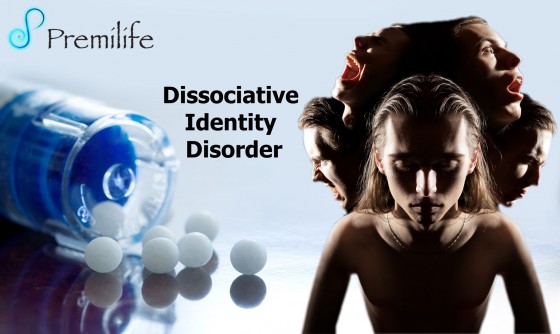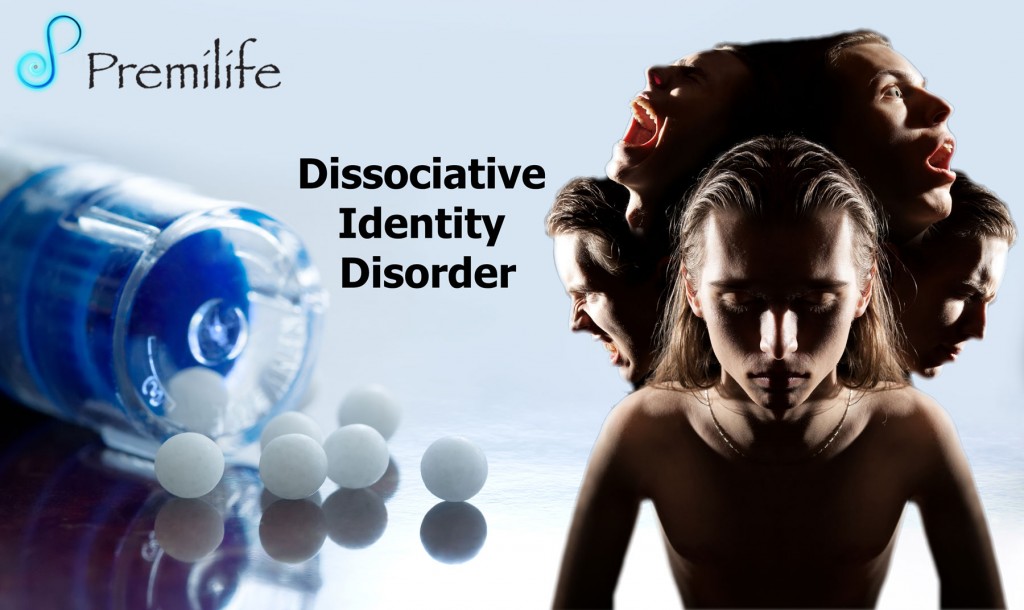Psychiatric Disorders
Dissociative Identity Disorder

Dissociative Identity Disorder (DID), previously referred to as multiple personality disorder (MPD), is a dissociative disorder involving a disturbance of identity in which two or more separate and distinct personality states (or identities) control the individual’s behavior at different times.
• Dissociative Identity Disorder (DID), previously referred to as multiple personality disorder (MPD), is a dissociative disorder involving a disturbance of identity in which two or more separate and distinct personality states (or identities) control the individual’s behavior at different times. When under the control of one identity, the person is usually unable to remember some of the events that occurred while other personalities were in control.
• The different identities, referred to as alters, may exhibit differences in speech, mannerisms, attitudes, thoughts, and gender orientation. The alters may even differ in “physical” properties such as allergies, right-or-left handedness, or the need for eyeglass prescriptions. These differences between alters are often quite striking.
• The person with DID may have as few as two alters, or as many as 100. The average number is about 10. Often alters are stable over time, continuing to play specific roles in the person’s life for years. Some alters may harbor aggressive tendencies, directed toward individuals in the person’s environment, or toward other alters within the person.
• At the time that a person with DID first seeks professional help, he or she is usually not aware of the condition. A very common complaint in people with DID is episodes of amnesia, or time loss. These individuals may be unable to remember events in all or part of a proceeding time period. They may repeatedly encounter unfamiliar people who claim to know them, find themselves somewhere without knowing how they got there, or find items that they don’t remember purchasing among their possessions.
• Often people with DID are depressed or even suicidal, and self-mutilation is common in this group. Approximately one-third of patients complain of auditory or visual hallucinations. It is common for these patients to complain that they hear voices within their head.
• Treatment for DID consists primarily of psychotherapy with hypnosis.


